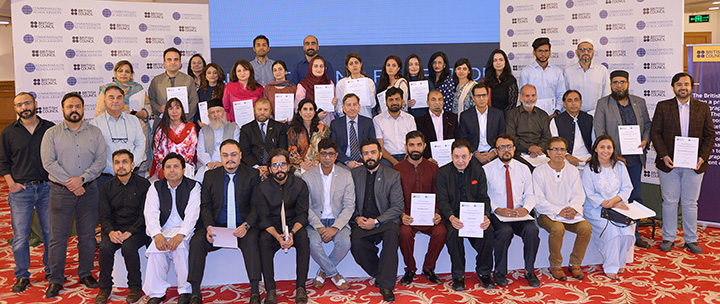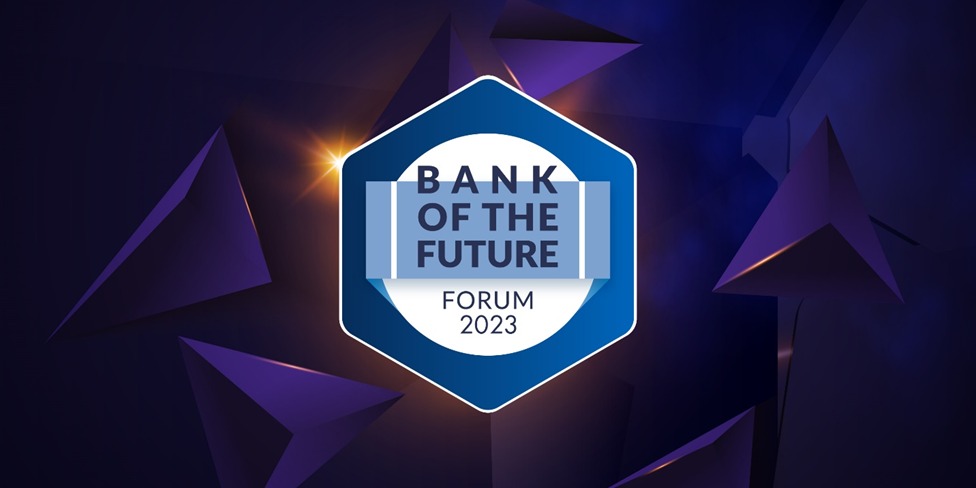By: Wajiha Imtiaz
ISLAMABAD: This year the theme of the Commonwealth networking event was based on the highlight of October, the World Mental Health Day marked by the World Health Organization WHO on the 10th. The WHO slogan ‘Our minds, our rights’ advocates for mental health as a universal human right. The title of the discussion at the networking event was ‘Navigating the mind’ and a comprehensive talk was delivered by Khadija Amir (CSC alumna and mentor currently working in the UK). The networking session was initiated in full swing with Usman interacting one-on-one with the audience. Mr. Usman Khalid (Senior Manager of Higher Education Mobility at British Council Pakistan) has a knack for bringing the room to life with his quiz gimmicks. Mr. Haroon Rashid (Manager of Higher Education Mobility at British Council Pakistan) co-conducted the session for the evening. Once the audience had thoroughly introduced themselves with the purpose of networking, the talk by Khadija Amir commenced, highlighting the stigma around mental health, the root causes of anxiety and depression, and workplace stressors. The discussion was very relatable to the audience as Khadija shared her own experiences, and struggles, along with the benefits of therapy, self-care, and mental health days in the work environment. One of the participants in the audience, Dr. Ali also shared his struggles with the work-life balance and requested guidance on well-being and adjusting life activities along with the strenuous work schedule. There was a great emphasis on the prevalent issues of mental health within academic settings and corporate setups. The relationship between mental health and success in these two career fields is a two-way street. Even the slightest of challenges, such as feelings of anxiety can hinder learning and cognitive reasoning, thus limiting the human resource and compromising sustainable development goals.
Helen Nicholls from University College London has presented this recent finding in the following words:
“To improve researchers’ well-being at work, scientific/academic practice and the system’s concept of what a successful researcher should look like, needs to change”.
The session ended with the certificate distribution ceremony with many thoughtful questions about the extreme individualistic hustle culture in academia and other workplaces. Commonwealth scholars are indeed fortunate to be heard, supported, and guided regarding all facets of leading a good life and navigating the mind; never mind!







